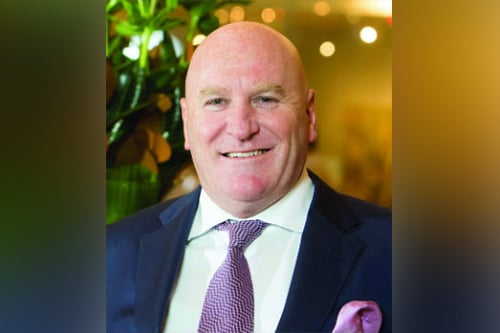

Treasurer Josh Frydenberg announced the Federal Budget last night, with some huge news for mortgage brokers in there.
Top of the pile is the new Family Home Guarantee scheme, which will see deposits drop to just 2% for qualifying single parents, with a maximum of 10,000 eligible over the next four years
The New Homes Guarantee has also been renewed, which will allow a further 10,000 people access to lower deposits, with the government playing the role of guarantor.
For mortgage brokers, the Federal Budget is good news, says Mark Haron, Executive Director at aggregator Connective and a Director at the Mortgage & Finance Association Australia (MFAA).
“The big takeaway for brokers is that the government has really put a lot of focus on home ownership in this Budget,” he told Australian Broker. ”There's been a whole raft of measures that will help more Australians get into their homes and obviously that increases the opportunity for mortgage brokers to do more business with more customers.”
“There's a significant number of schemes and opportunities here which brokers need to make sure that they get across. It's not just First Home Buyers: there's even little things like those looking to downsize. They might not need to borrow as much money but the support from brokers is going to be pretty crucial to them as well. I think it's going to be very good for mortgage broking and very good for the housing market.”
The investment appears to be driven towards getting people onto the property ladder.
“It's the participation at the bottom of the market. What that ultimately does is create a more sustainable housing market. It's not just about the top end of properties going up significantly in value, it's also about helping get into the housing market itself, which in the longer term is more sustainable. Obviously, the more participants we have in the home loans market, the better it is for mortgage brokers.”
The obvious question that follows any attempt to lower deposits and barriers of entry to the housing market is the suitability of new people for loans.
“There's always an element of risk, but I think there's so many suitable people in those communities and they can participate,” said Haron. “Whether it's the single parents participation scheme, the Indigenous participation scheme, they all require significant assessment of their capacity to repay.”
“There's no shirking of the Responsible Lending standard when it comes to the requirements to pay back the loan, it's just that they're able to get in there faster because of the lower deposit. It does mean that it takes them longer to get into a stronger equity position, but in terms of capacity to repay, that's still getting scrutinised to a significant level to ensure that nobody is set up for failure.”
